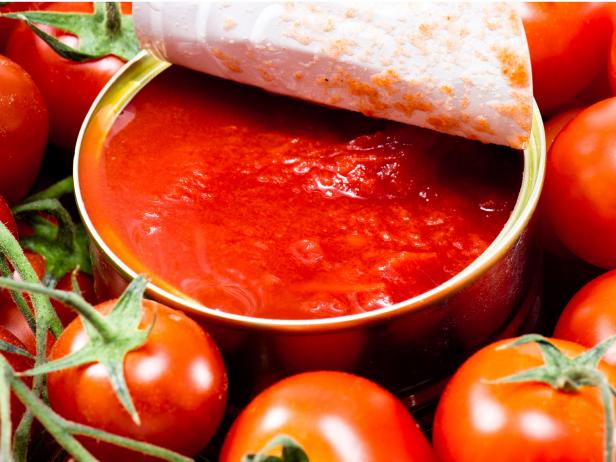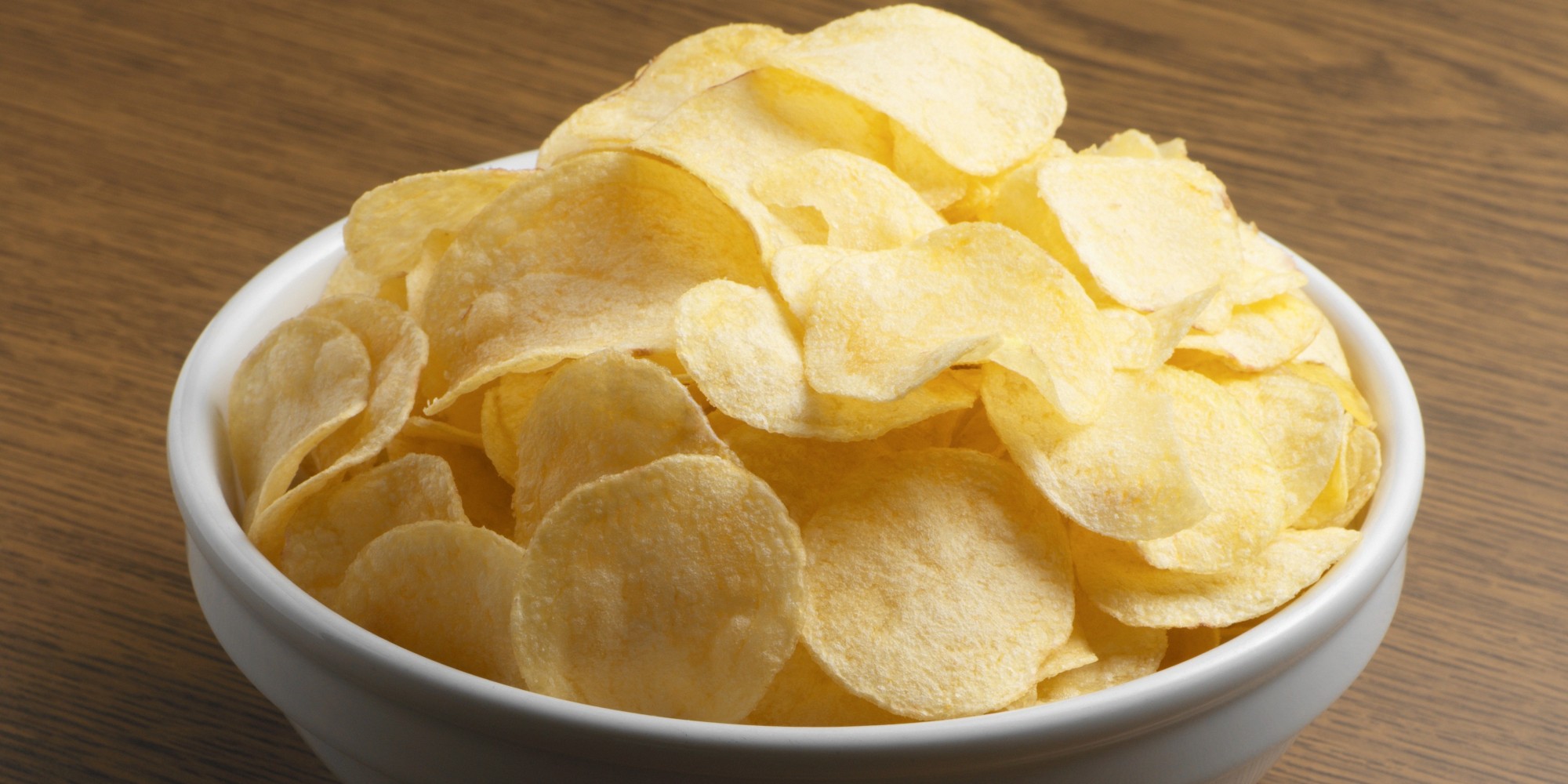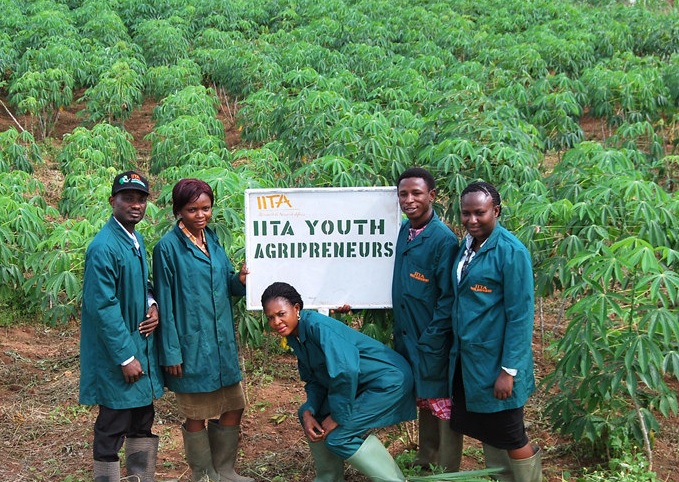
To avoid cancer stay away from these foods
1. Canned tomatoes most canned foods can be a concern because
of the material the CAN is made of. The lining of almost all canned foods foods
are made with a chemical called bisphenol-a orBPA. Studies show that BPA
affects the way genes wok inside the brain. Our advise to you is, avoid cans and
cook fresh or buy glass bottles

2. Soda: research shows that people who consume more than
one soda per day have a higher risk of stroke than people who don't drink sodas.
These drinks are full of sugar and are an empty source of calories that cause weight
gain and are one of the main reasons for developing obesity. Drinking large amount
of soda cause your blood sugar to spike which can result to both inflammation
and insulin resistance. These beverages also contain a load of artificial coloring
and foods chemicals like derivative 4-methlylimidazole {4-mi}. No wonder soda
pop has been shown to be very bad for your health and cause cancer

3. Potatoes chips; are great, they are cheap, great tasting ND
are the perfect quick snack. However the negative effect they have in your body
may not be worth it. The snack is high in both fat and calories, which will
definitely result in weight gain. Additionally, patatos chips are fullof trans-fats
which can cause high cholesterol and they have excessive sodium levels which for
many people, cause hight blood pressure.

4. Procesed meat; you might wonder what type of meat are considered
to be processed. This is a very long Lasting that includes, sausage, hot dogs, bacon
and most lunch meat, study shows that the excessiv amount of salt and chemicals that are used when making process
meat are extremely damaging to your health and can increase the risk of early death
all these processed Meats contain large amounts of chemicals and preservatives,
includes sodium, which make the look appealing and fresh even when they are not.
We advise you to only eat fresh meat instead of the processed ones.




5. Alcohol use is the second leading course of cancer, right
behind tobacco. While a moderate or low consumption of alcohol can be healthy
and lead to a reduced risk of heart disease, excessive drinking is known to
cause heart failure, stroke and sudden death. In 2007,the world health
organization international agency for research on cancer and alcohol use from
27 different studies. They found sufficient evidence to state that excessive alcohol
use is the main cause of mouth, esophagus, liver, colon, mouth, rectum, and
female breast cancers.






6. Diet foods; include frozen foods, or prepackaged foods that
are labeles as "Diet" or "low fat", include sodas, contain
aspartame. This is a chemical, artificial sweetener that we have mentioned before
in this list. Many studies shows that aspartame causes many diseases and sicknesses
such as cancer and heart problems.
7. Highly processed foods white flours: you are probably already
aware of the fact that white flour is not a good thing, But you most likely don't
really know how bad i actually is for your health. Nowadays, mills don't longer
wait for their flour to whiten with time. But they bleach flour with a chemical
called chlorine gas. Chlorine gas is a dangerous irritant that is not supposed
to be inhaled and in large amounts can even be lethal.
8. Food that are highly salted, pickled or smoked: these products
typically contain resevatives, such as long as possible. The additive used in processed
food can pile up in your body over time and eventually damage the cellular level
and lead to cancer. Smoked foods are even worse for you, when they are cooked
in high temperature, the nitrates are converted to the much more dangerous kind
of nitrites.
9; hydrogenated oils: all hydrogenated oil are vegetable oils.
Vegetables oil cannot be extracted naturally but have to be chemically removed
from their source. To make them look appealing manufacturers frequently add
color and scent. All vegetables oils contain high level of omega-6-fatty acids.
Snack excess of these acids can cause various health problems, such as heart
disease and skin cancer.


10: refined sugars: refined sugar do not only highly increase
your insulin levels but they are also the most preferable food for cancer cells,
therefore promoting their growth, tumor and cancers both use Sugar to feed and
to increase in size I order to growa and reproduce, cancer cells seem to prefer
feeding on frustoce-rich sweeteners like high-fructose corn syrup. Food like cake,
pies, cookies, sodas, juice, careals, and many other popular items are loaded
with refined sugar so it shouldn't come as a surprise that you should stay away
from them.
11; micro wave popcorn: even if micro wave popcorn is
extremely convenient, it can be very dangerous to your health. It is not even only
about the popcorn itself but the microwave bags are lined with chemical called
prefluorooctanoic acie, a chemical that is linked to infertility in woman.
Numerous studies show that exposure to PFOA increases the risk of kidney bladder,
liver, pancreas, and testicular cancer.









































